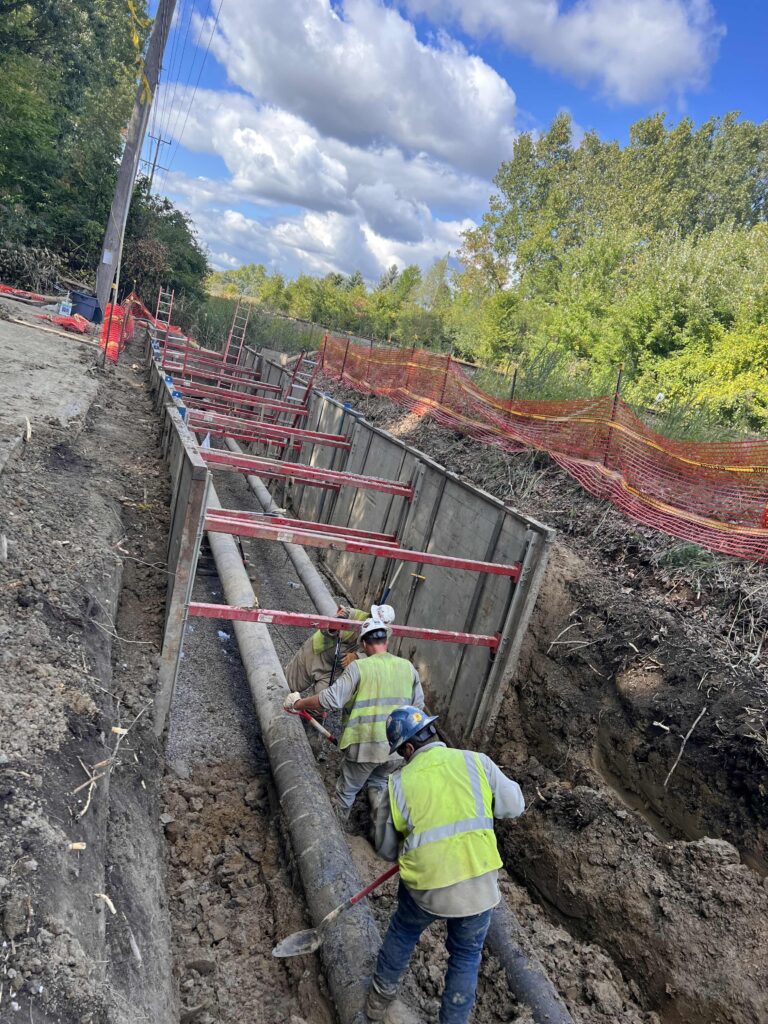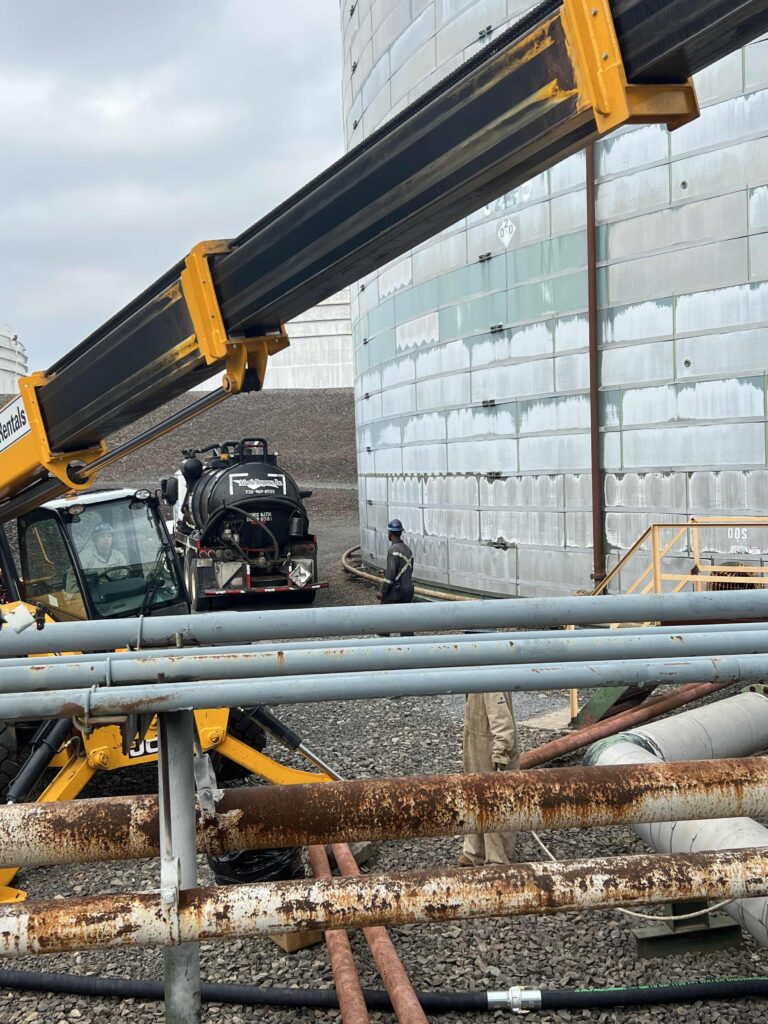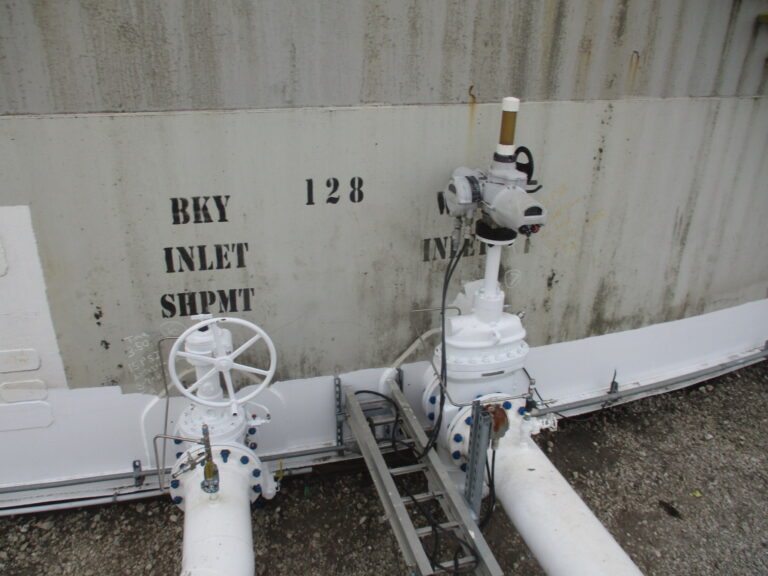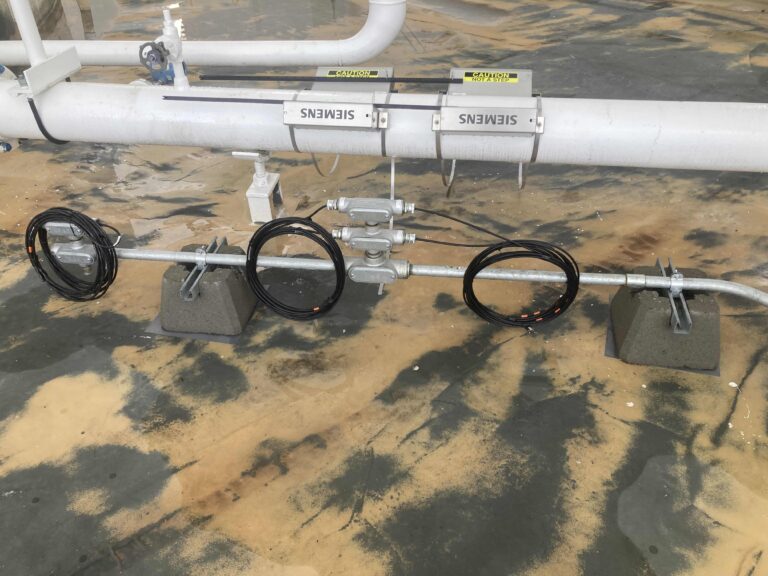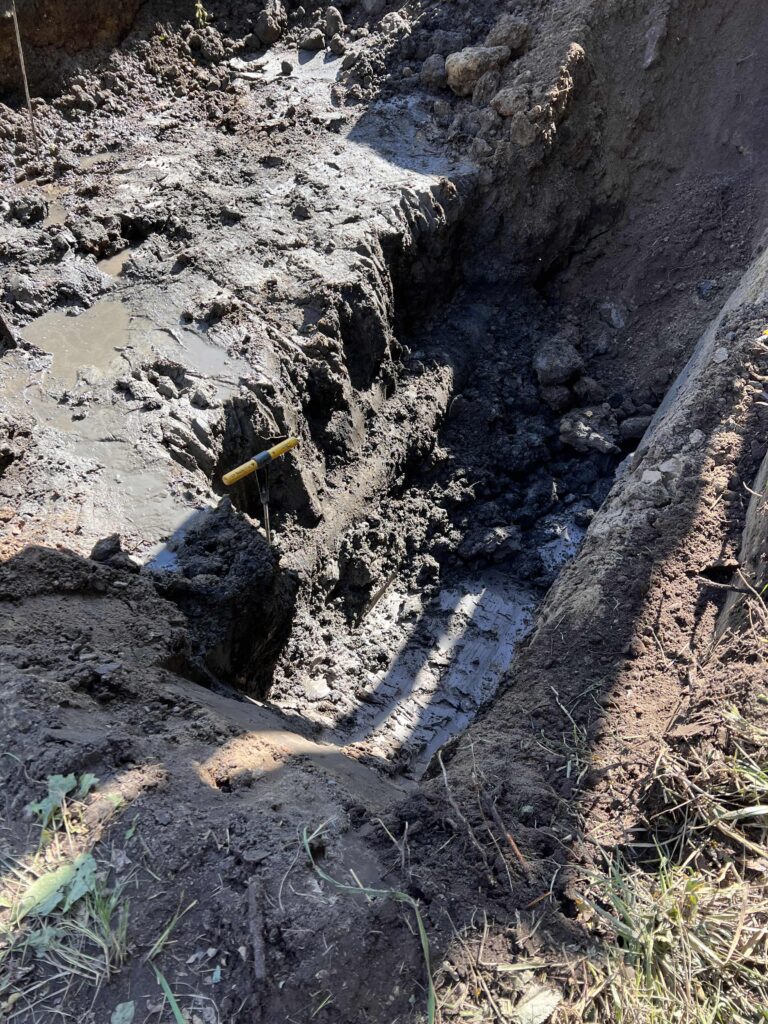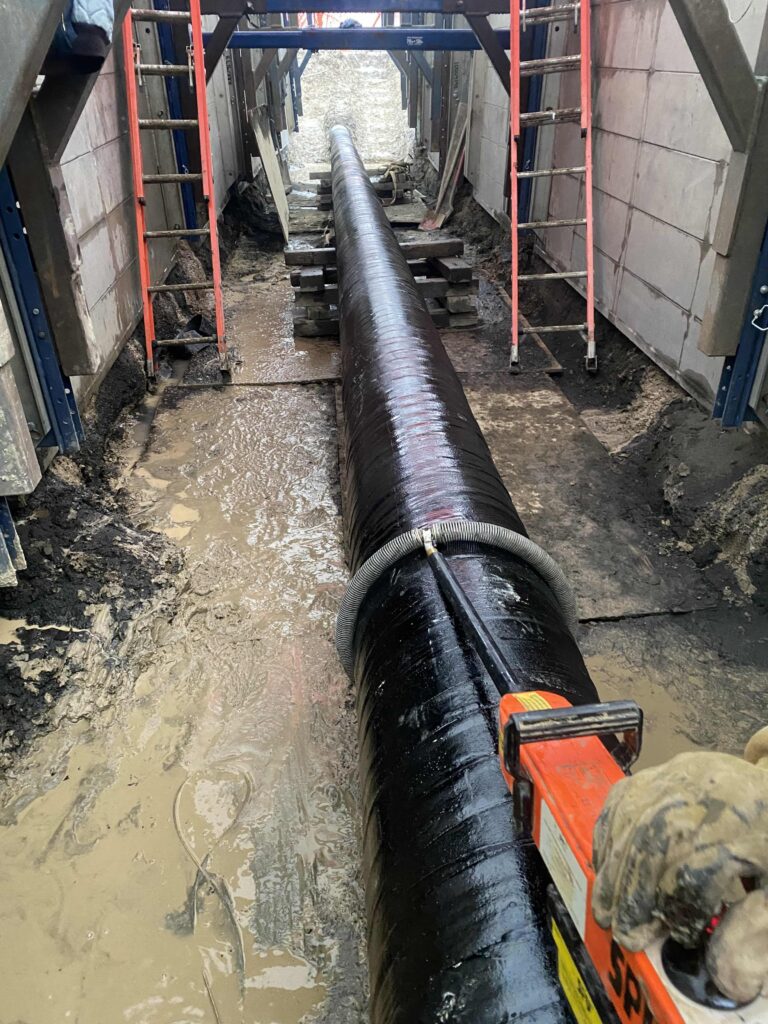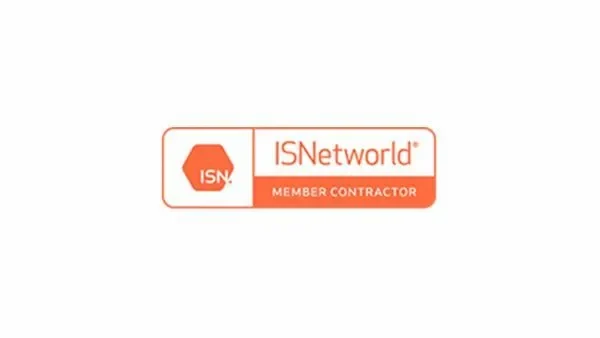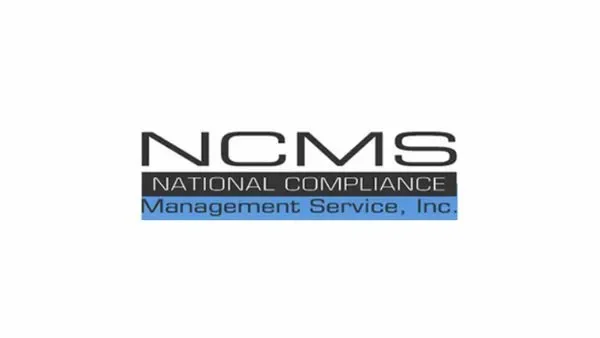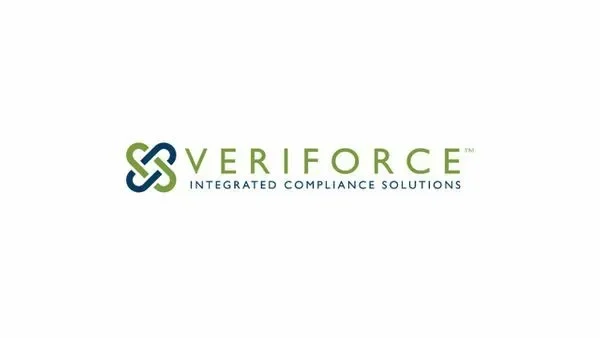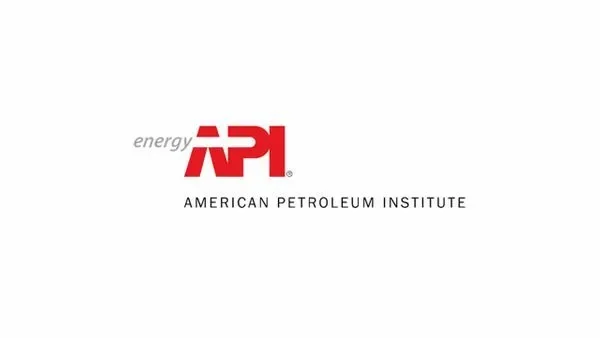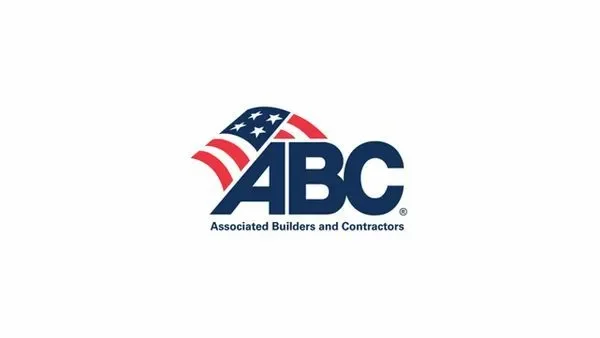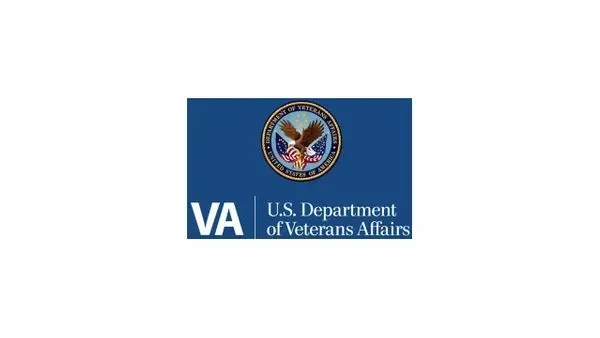Regulatory Compliance in the Petrochemical Industry
Introduction
Regulatory compliance in the petrochemical industry is crucial for ensuring safety, efficiency, and environmental protection. At Spyglass Solutions, we specialize in third-party construction inspection services that help companies meet stringent regulatory standards. This blog explores the importance of regulatory compliance and offers strategies to ensure adherence to these critical regulations.
Importance of Regulatory Compliance in the Petrochemical Industry
Regulatory compliance in the petrochemical industry is essential for maintaining operational integrity and public trust. Compliance ensures that companies operate within the legal framework, minimizing risks and enhancing safety.
Ensuring Safety and Environmental Protection
Ensuring safety and environmental protection is a primary objective of regulatory compliance. Regulations are designed to prevent accidents, reduce environmental impact, and protect workers and communities.
Avoiding Legal and Financial Penalties
Avoiding legal and financial penalties is another significant aspect. Non-compliance can result in hefty fines, legal action, and reputational damage, which can be detrimental to a company’s operations and profitability.
Key Regulatory Bodies in the Petrochemical Industry
Regulatory compliance in the petrochemical industry involves adhering to standards set by several key regulatory bodies. Understanding these organizations and their requirements is essential for compliance.
Occupational Safety and Health Administration (OSHA
OSHA sets standards for workplace safety and health. Compliance with OSHA regulations ensures that petrochemical facilities operate safely, protecting workers from hazards.
Environmental Protection Agency (EPA)
The EPA regulates environmental protection standards. Compliance with EPA regulations helps petrochemical companies minimize their environmental footprint and adhere to pollution control standards.
Department of Transportation (DOT)
The DOT oversees the safe transportation of hazardous materials. Petrochemical companies must comply with DOT regulations to ensure the safe and secure movement of their products.
Strategies for Ensuring Regulatory Compliance
Regulatory compliance in the petrochemical industry requires proactive strategies and continuous effort. Here are some key strategies to ensure adherence to regulatory standards.
Conducting Regular Audits
Conducting regular audits helps identify areas of non-compliance and implement corrective actions. Third-party inspections provide an unbiased evaluation of compliance status.
Implementing Comprehensive Training Programs
Implementing comprehensive training programs ensures that all employees are aware of regulatory requirements and best practices. Regular training updates are essential to maintain compliance.
Leveraging Technology for Compliance Management
Leveraging technology for compliance management can streamline the compliance process. Tools like compliance management software help track regulatory changes, manage documentation, and ensure adherence to standards.
Role of Third-Party Inspections in Regulatory Compliance
The role of third-party inspections in regulatory compliance is vital. Independent inspections provide an objective assessment of compliance status and help companies address potential issues.
Providing Unbiased Assessments
Providing unbiased assessments is a key benefit of third-party inspections. Independent inspectors can identify compliance gaps that internal teams might overlook.
Ensuring Continuous Improvement
Ensuring continuous improvement is facilitated by regular third-party inspections. These inspections help companies stay updated with regulatory changes and continuously enhance their compliance efforts.
Case Studies: Successful Compliance Implementation
Regulatory compliance in the petrochemical industry can be illustrated through successful case studies. These examples highlight the positive impact of proactive compliance strategies.
Case Study A: Improved Safety Compliance
Case Study A involved a large petrochemical facility that faced challenges with safety compliance. By implementing regular third-party safety audits and comprehensive training programs, the facility achieved full compliance and significantly reduced incident rates.
Case Study B: Enhanced Environmental Protection
Case Study B focused on a refinery struggling with environmental compliance. Through detailed environmental assessments and the implementation of sustainable practices, the refinery met EPA standards and minimized its environmental impact.
Challenges in Achieving Regulatory Compliance
Regulatory compliance in the petrochemical industry presents several challenges. Understanding these challenges can help companies develop effective strategies to overcome them.
Keeping Up with Regulatory Changes
Keeping up with regulatory changes is a major challenge. Regulations frequently evolve, and companies must stay informed about new requirements to maintain compliance.
Managing Compliance Costs
Managing compliance costs can be difficult. Implementing compliance measures requires investment in training, technology, and audits, which can strain budgets.
Ensuring Employee Adherence
Ensuring employee adherence to compliance protocols is essential. Employees must understand and follow regulatory requirements consistently to maintain compliance.
Future Trends in Regulatory Compliance
Regulatory compliance in the petrochemical industry is evolving with new trends and technologies. Staying ahead of these trends can enhance compliance efforts.
Increased Focus on Sustainability
Increased focus on sustainability is driving new regulations. Companies must adopt sustainable practices to comply with emerging environmental standards.
Integration of Advanced Technologies
Integration of advanced technologies, such as AI and machine learning, is revolutionizing compliance management. These technologies can predict compliance risks and streamline compliance processes.
Conclusion
Regulatory compliance in the petrochemical industry is essential for ensuring safety, efficiency, and environmental protection. At Spyglass Solutions, we provide expert third-party inspection services to help you meet regulatory standards. Contact us today to learn more about how we can support your compliance efforts.

